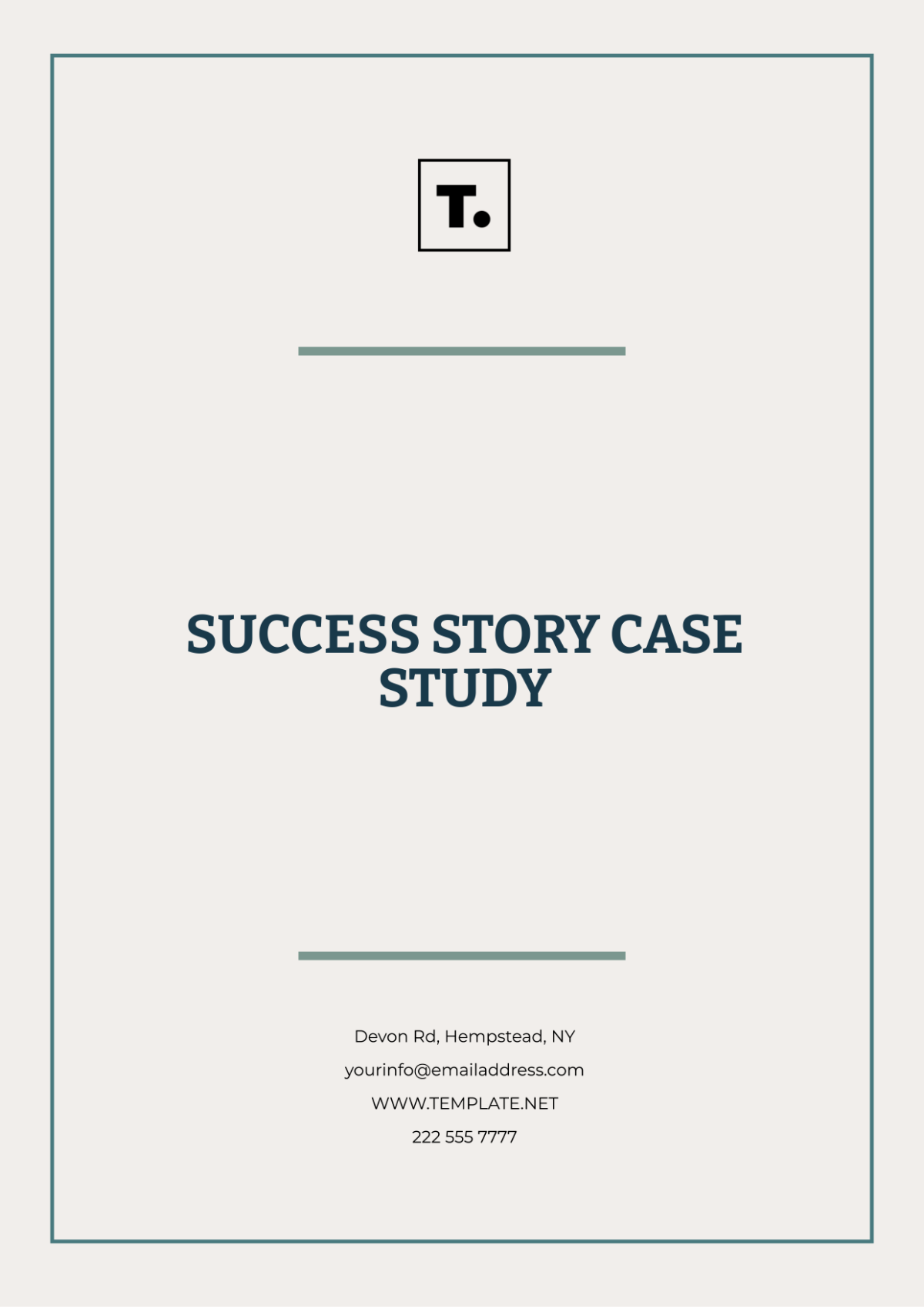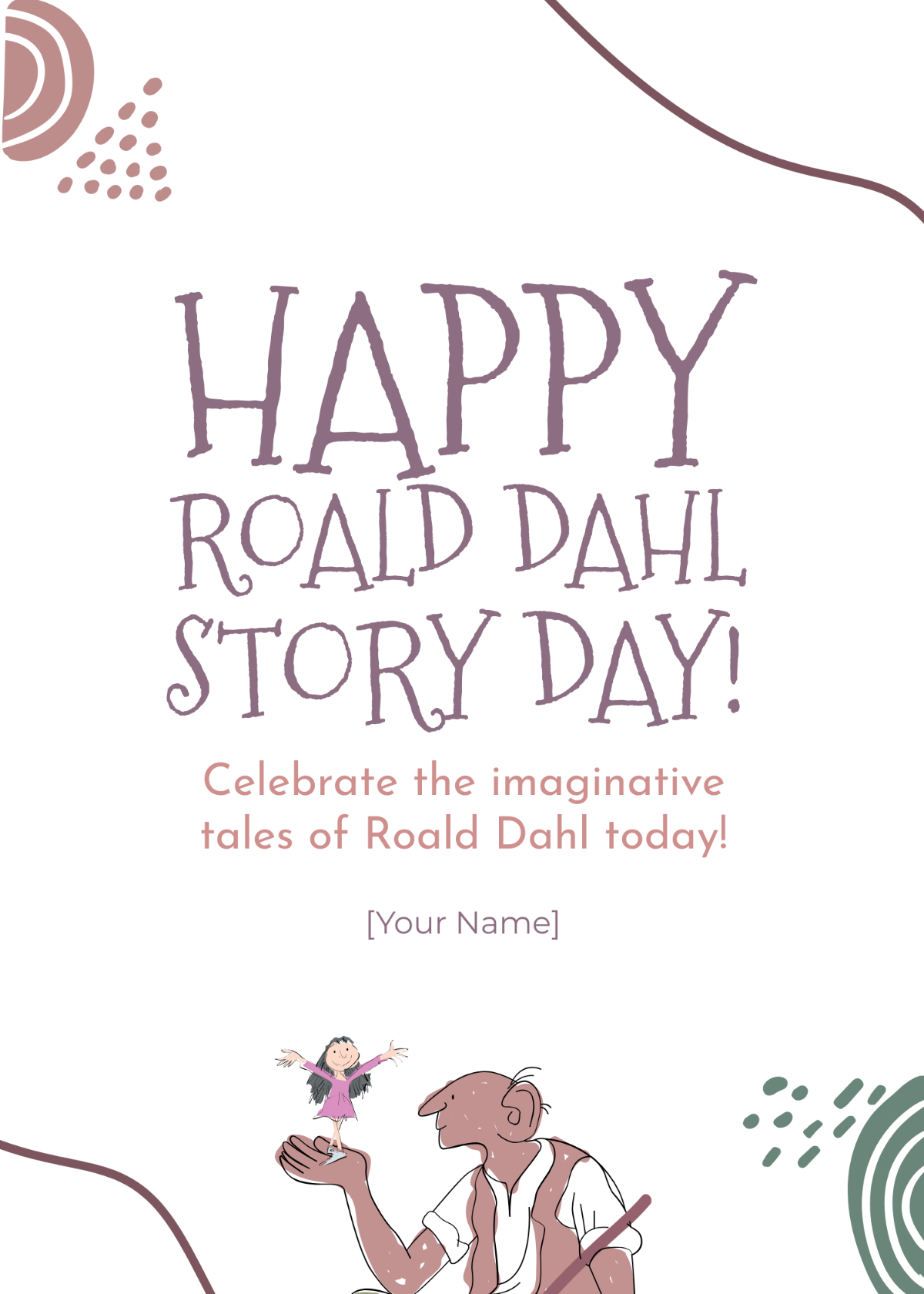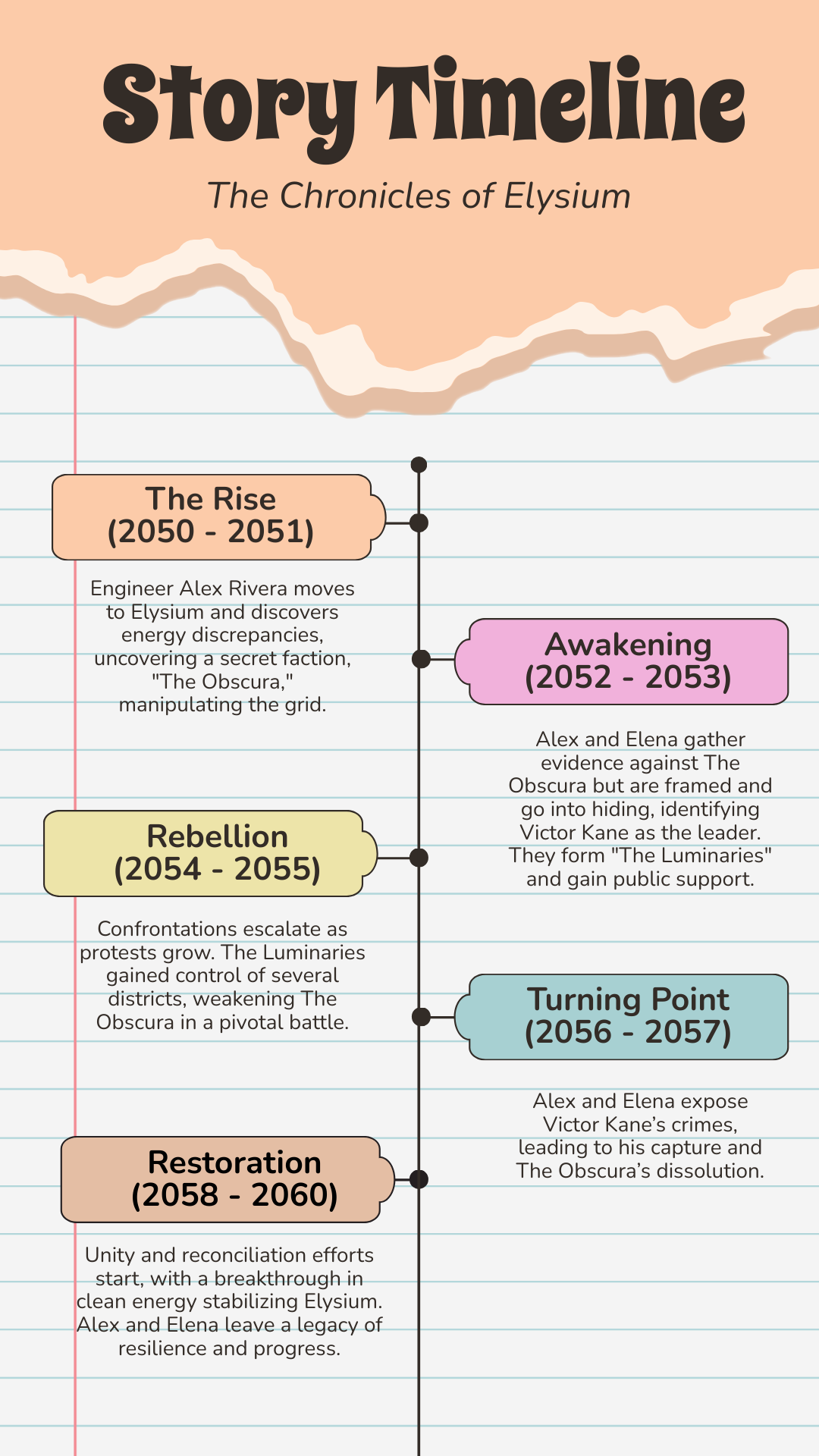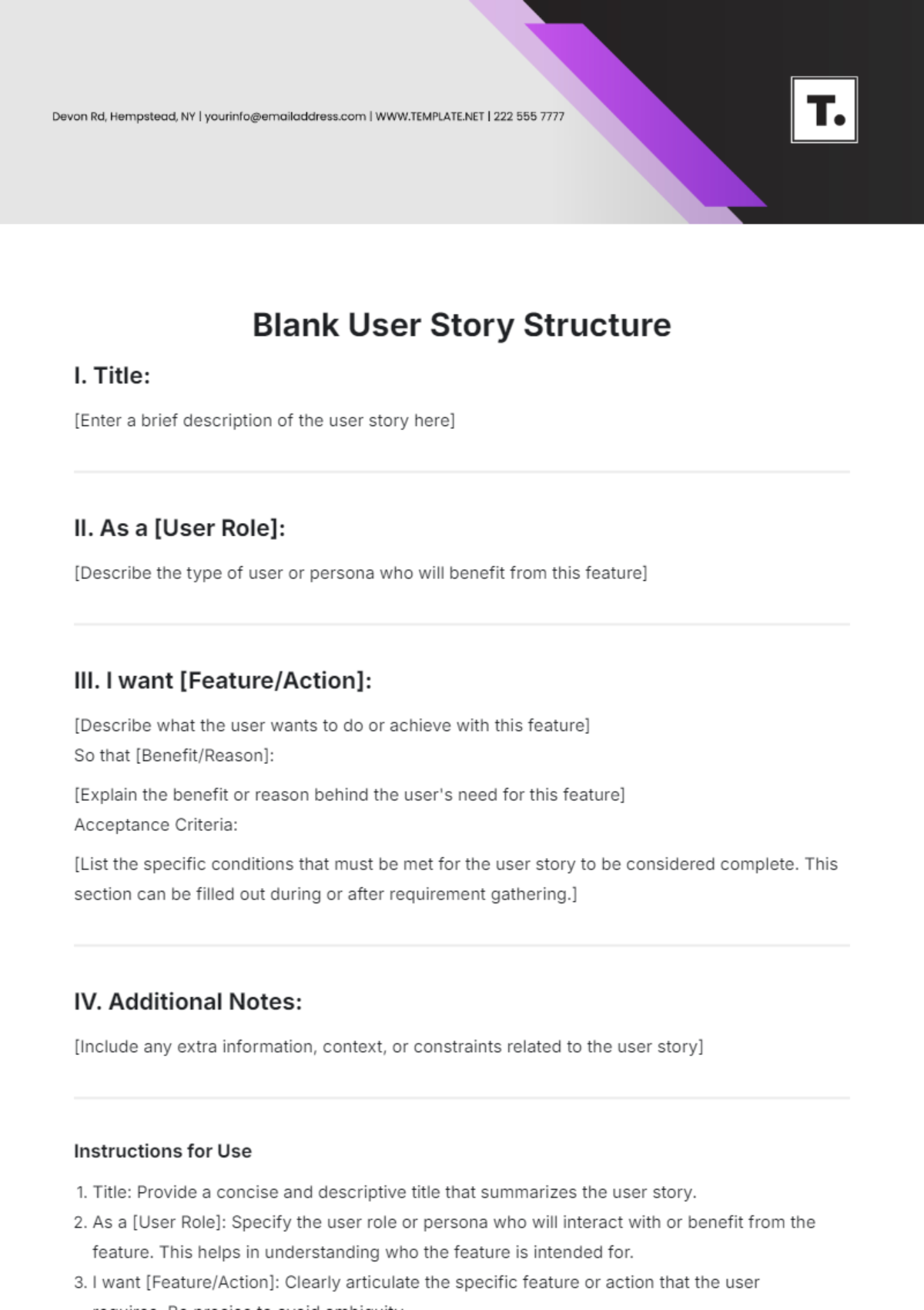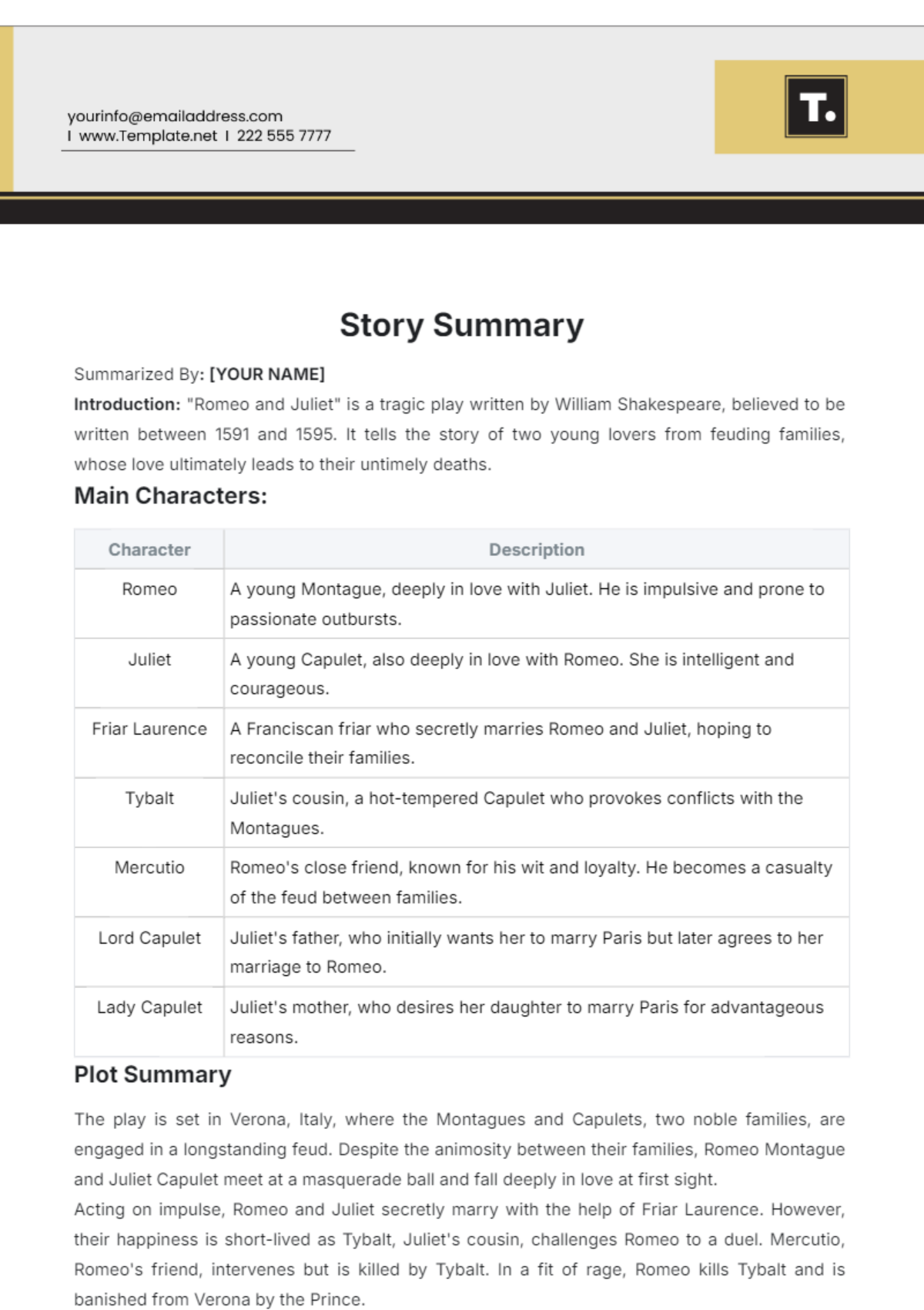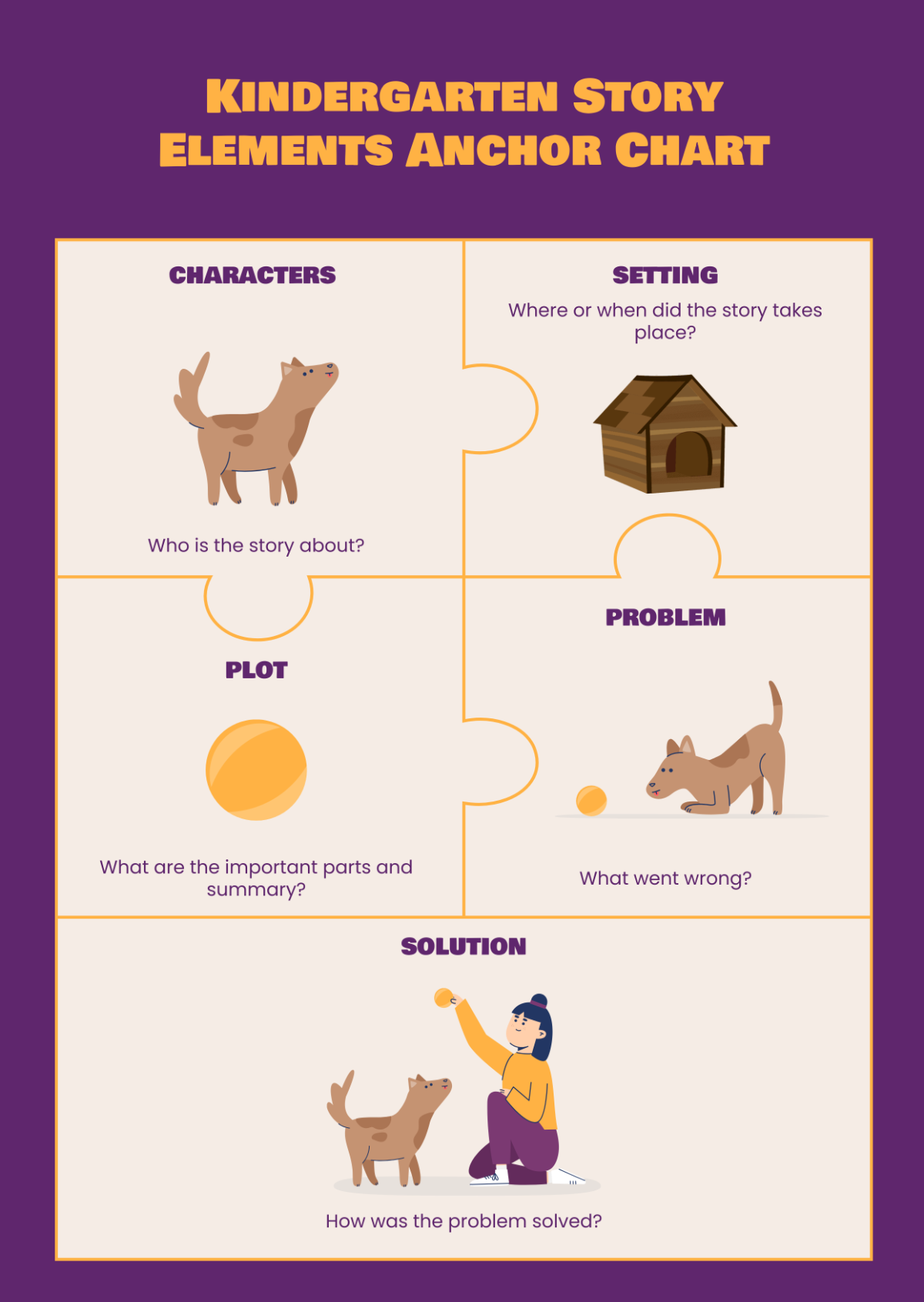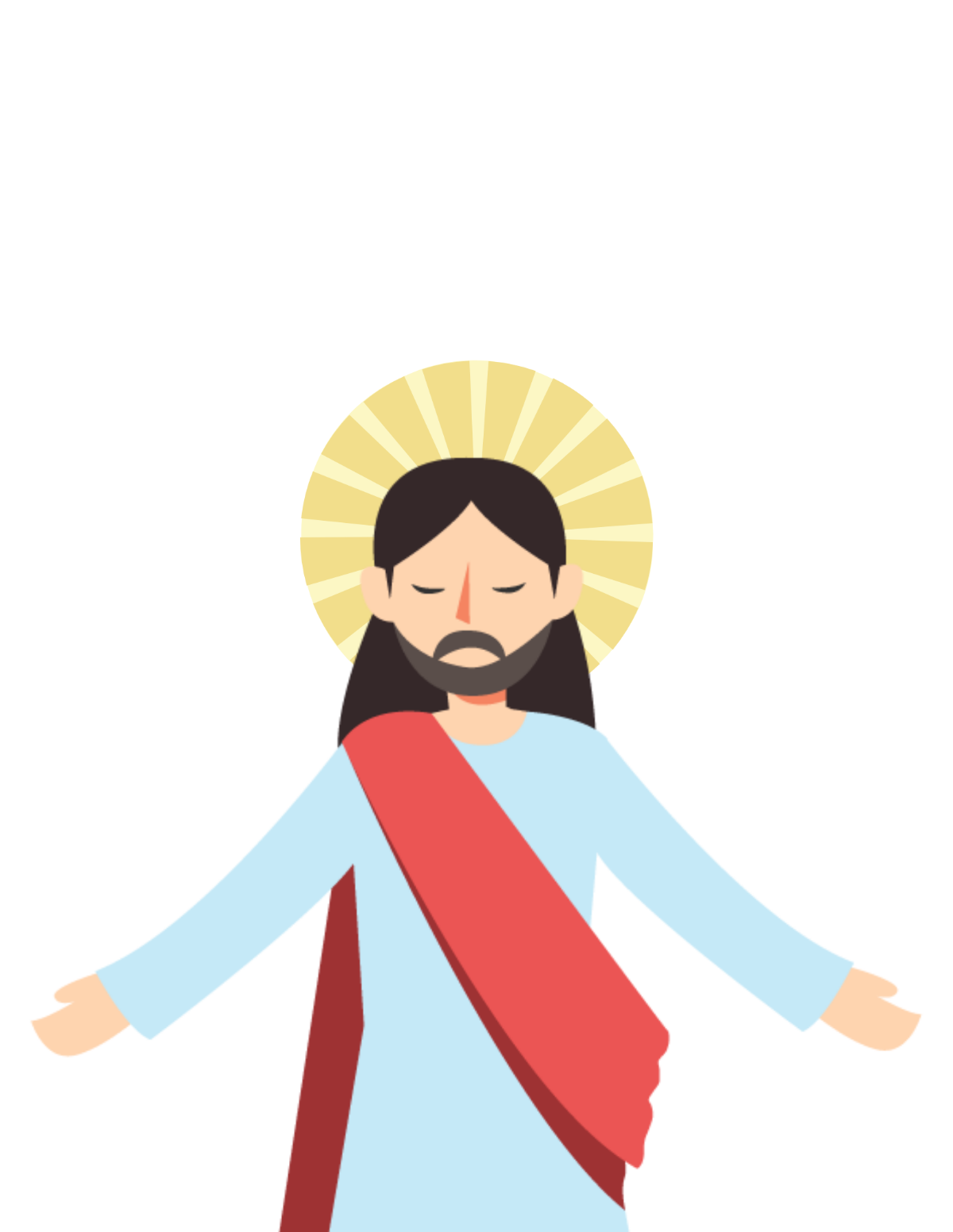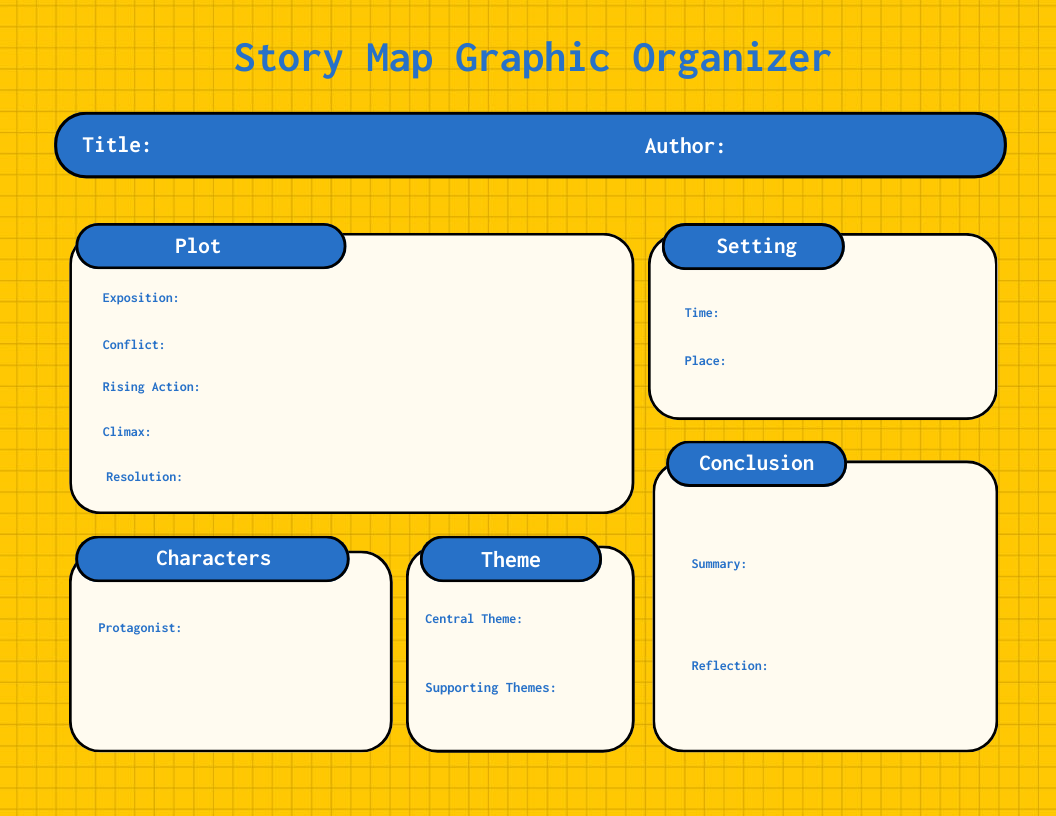Dhanteras History
Dhanteras, also known as Dhanatrayodashi, marks the beginning of the five-day Diwali festival in India. The word "Dhanteras" comes from two Sanskrit words: "Dhan" meaning wealth, and "Teras" referring to the thirteenth day of the Hindu lunar calendar. This auspicious day falls on the thirteenth day of the Krishna Paksha (dark fortnight) in the month of Ashwin, typically in October or November. The festival is primarily celebrated to honor Dhanvantari, the Hindu god of medicine and an incarnation of Lord Vishnu, who is believed to have emerged from the ocean during the great cosmic event known as the Samudra Manthan, or the churning of the ocean of milk.
According to Hindu mythology, during the Samudra Manthan, the gods and demons churned the ocean to obtain the nectar of immortality (Amrita). Among the treasures that emerged was Dhanvantari, holding a pot of Amrita in his hands. As the divine physician, Dhanvantari is credited with bringing Ayurveda, the ancient system of holistic medicine, to mankind. On Dhanteras, devotees pray to him for good health and well-being. In honor of this event, Dhanteras is considered an auspicious time to purchase gold, silver, or other valuables as symbols of prosperity and to secure blessings of good fortune.
Additionally, the festival is associated with Lakshmi, the goddess of wealth. It is believed that buying new items, especially gold or silver, on Dhanteras brings wealth and prosperity into the household for the coming year. On this day, many households light diyas (small oil lamps) and place them in doorways and windows to ward off evil spirits and invite positive energy. The lamps are also symbolic of Lakshmi’s arrival, guiding her into the homes of the faithful to bestow her blessings of abundance.
In some regions, Dhanteras is also known for the worship of Kubera, the god of wealth and material riches. Businesspeople and traders, in particular, honor Kubera by performing special pujas to seek his favor in increasing their wealth. They often open new account books and start fresh financial transactions, believing that doing so will lead to successful business ventures in the year ahead.
In modern times, Dhanteras has become a significant occasion for retailers and jewelers, as many people purchase jewelry, coins, and other items to mark the day. The emphasis on buying precious metals continues to symbolize the hope for prosperity, growth, and security, with families believing that these purchases bring them good fortune throughout the year.
Thus, Dhanteras continues to be an integral part of the Diwali festival, celebrated with both devotion and enthusiasm. The rich blend of mythology, commerce, and cultural traditions gives Dhanteras its unique place in Indian society, linking ancient beliefs about wealth, health, and fortune with modern practices.
Dhanteras Templates @ Template.net







